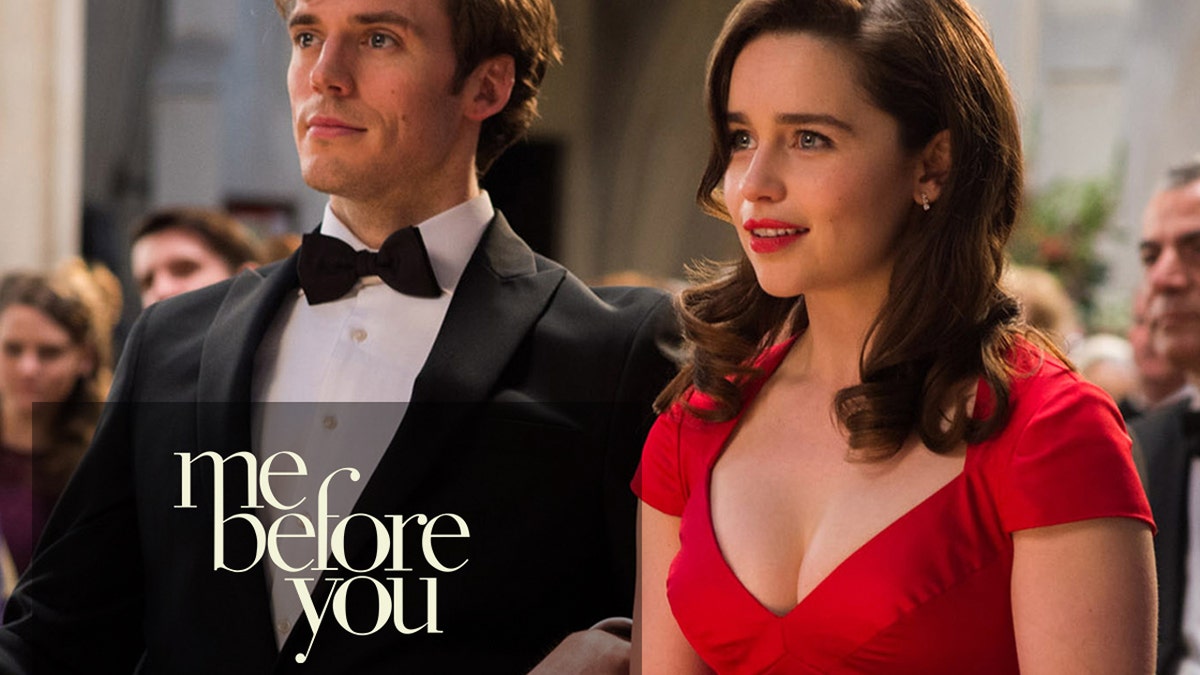
“Me Before You” is Jojo Moyes's much-anticipated movie adaptation of her 2012 novel by the same name. I'm not really a fan of romance novels. I read the book and saw the film because of their larger agenda: the escalating debate over euthanasia.
The movie’s euthanasia theme resonates particularly strongly with me today, as California’s law legalizing physician-assisted suicide took effect yesterday. Furthermore, Canada's prime minister recently introduced legislation to legalize euthanasia in his country. It’s with these events in mind that I attended “Me Before You.”
Everyone who reads the book or sees the movie knows that Moyes is a brilliant writer. She has twice won the Romantic Novel of the Year Award; her novels have been translated into eleven different languages. Emilia Clarke and Sam Claflin are perfectly cast in the movie. The film is persuasive, the novel even more so.
And that's what worries me about “Me Before You.”
Here's the plot (spoiler alert): Will Traynor becomes disabled after a motorcycle accident. Louisa Clark is hired to help him choose not to end his life. But Will is convinced that his death is best not just for himself but for Louisa as well: "I don't want you to be tied to me, to my hospital appointments, to the restrictions on my life. I don't want you to miss out on all the things someone else could give you."
This is his decision, and we should accept it. As Nathan, Will's nurse, explains, "I can't judge him for what he wants to do. It's his choice. It should be his choice." Ultimately Louisa comes to agree: "I trust Will to know what is right for him." Will knows that his life will never be what it was before the accident. And so it is a life not worth living.
That's where Will is wrong.
Ellen Clifford is an activist with Not Dead Yet, an organization that campaigns against assisted suicide. According to her, "the message of the film is that disability is tragedy and disabled people are better off dead . . . It comes from a dominant narrative carried by society and the mainstream media that says it is a terrible thing to be disabled."
Actress and disability rights activist Liz Carr calls “Me Before You” "offensive to disabled people, the vast majority of whom want to live — not die." Other disabled activists have adopted the film's #LiveBoldly hashtag and repurposed it to argue against euthanasia. Alex Schadenberg of the Euthanasia Prevention Coalition is even calling for a boycott of the movie.
But “Me Before You” is a bestselling novel and will be a popular movie because it captures what our culture believes. We're told that truth is whatever we choose for it to be. As a result, life is ours to live as we wish and to end when we wish.
The "death with dignity" movement expresses the ethos of our day. Whether the issue is abortion rights, marriage equality, gender identity or euthanasia, the decision is ours to make.
Except that it's not.
“Me Before You” portrays euthanasia as a courageous and loving choice. But the opposite is actually true. To live with grave physical challenges is much harder than to end the struggle. To give those you love the gift of yourself, no matter what limitations you face, is far more compassionate than to deny them your life.
Moyes is wrong—life is not "Me Before You" but "You Before Me." We belong to everyone who loves us.








































